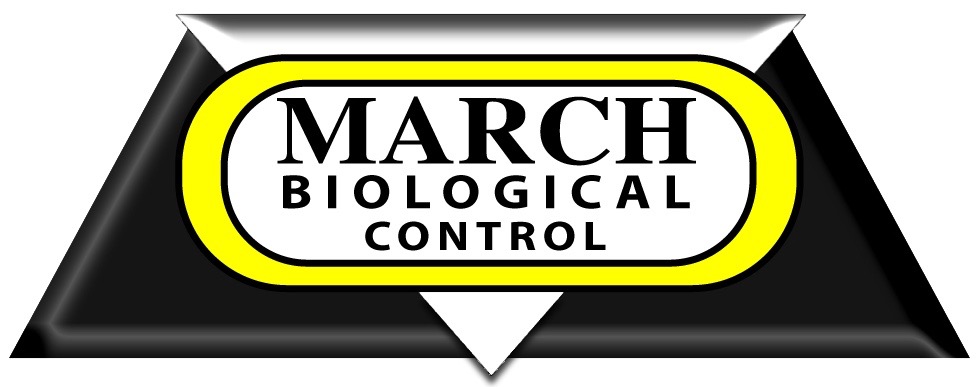Everyone loves the Crape Myrtles but not the aphids and Spider Mites that tend to plague these beautiful plants.

It is not considered a delicate plant and it can thrive in conditions that would be a challenge for other trees and shrubs. They grow in the form of a multi-stemmed shrub or small tree, typically reaching 15 to 25 feet in height. Some of the smaller varieties are used as foundation plants. Larger types serve well as focal points or shade trees. Deer are not attracted to the Crape Myrtle, so it is a good choice in areas where whitetails are prevalent.
One of the reason the Crape Myrtle is so popular is their long-lasting flowers, which bloom in Summer and Autumn. But about this time of year, every year, they can start to look a little well-worn.
Aphids love Crape Myrtles and right now is when they start showing up, leaving tell-tale signs on the leaves and a dew like substance falling on your patio, car or person. An aphid infestation will cause visible stress to the plant such as yellow spots, curling leaves and tiny little whitish, tan, beige, or dark-colored insects on the backs of the leaves.
Another villain to the Crape Myrtle is the Spider Mite. Spider Mites love hot, dry weather so come mid-August their numbers increase drastically along with the damage they inflict. These mites are not visible to the naked eye. To check for mites, take a white piece of paper and hold it under a Crape Myrtle branch and lightly shake the branch. If black spots appear on the paper you know you have an infestation. You can also check for webs and curled, brownish leaves.
If you love your Crape Myrtles, don’t wait until they are covered in spider mites and aphids to begin treatment.
For Spider Mites you need Spider Mite Predators. Spider mite predators can consume about 5 to 10 adult spider mites or up to 20 eggs daily and will reproduce faster. Getting an early start is a key aspect in spider mite eradication. It is easier to stop a small problem than a bigger one.
For more information or help tips contact Brad the Bugman at 800.328.9140
